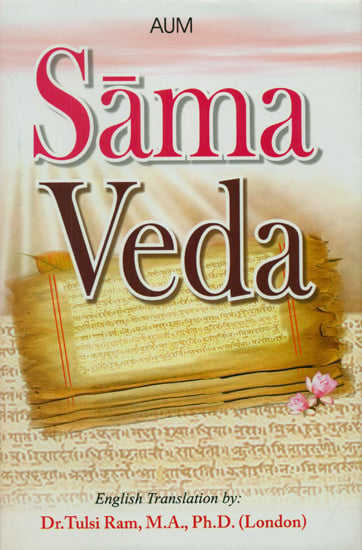


10 It already foreshadows the trend of later speculation about death and also about life. This text is similar to others found elsewhere, for instance, in the Shatapatha Brahmana, speaking of either Brahman 9 or of atman. It is the secret of happiness and of the conquest of death, for it cannot be touched by the change and the decay caused by the passage of years. This existential discovery, which is much more than mere abstract knowledge, makes life glow with self-confidence. The concept was to be minutely developed in a later period. Composed long before the Upanishads, it introduces us to the conception of atman, the discovery of which is the one means of overcoming both death and the fear of death. The third antiphon comes from the always astonishing Atharva Veda. The cucumber dies when plucked Man enters immortality. He uses the metaphor of the plucked fruit and asks to be saved from the embrace of Death and handed over to immortality. The poet of the second verse knows only too well that Death does not wait for the fruit to fall from the tree by itself through its own impulse. If later on certain Upanishadic sages and, more so, some of their followers despise life here below and all human values, the Vedic rishis are still in love with this world. The first one stresses what we are going to hear time and again: the “afterlife” and the “otherworld” may be very attractive prospects, but nothing is so dear and desirable as our human, concrete, bodily life here on earth and under the sun, with fellow human beings, animals, and objects surrounding us. The three verses chosen as antiphons for this section express the gist of the many texts concerning what the Katha Upanishad calls the “Great Departure.” 7
#Atharva veda akasa full
Just as a cucumber is removed from its stalk, so from Death’s bonds may I be removed but not from Immortality!ĭesireless, wise, immortal, self-existent, full of bliss, lacking in nothing, is the one who knows the wise, unaging, youthful atman: he fears not death!


 0 kommentar(er)
0 kommentar(er)
